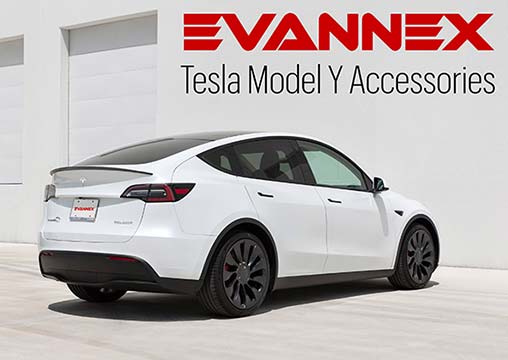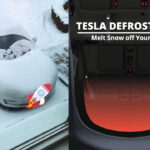On May 10th, Tesla battery cell supplier Panasonic announced that it will delay the commercial production schedule of 4680 cells.
According to Panasonic’s previous guidance, the production of its 4680 cells had to start between April 2023 to March 2024. Now, the electronics manufacturing giant plans to start 4680 cell production between April 2024 and September 2024 (Reuters report/Panasonic earnings material).
Panasonic has taken this decision to further enhance the performance of the 4680 cells it’s been working on for years in collaboration with Tesla.
Tesla introduced the new 4680 form-factor cell on its Battery Day 2020. The automaker set up its own pilot production facility at the Fremont factory codenamed Roadrunner at the time.
Shortly after Battery Day 2020, both Panasonic and Tesla announced that they are setting up a joint pilot production line at Tesla’s Gigafactory in Sparks, Nevada. But Tesla never commented on how many cells this pilot plant is actually producing.
Panasonic has another 4680-cell pilot production line at its factory in Wakayama, Japan. While on the other hand, Tesla started a 4680-cell production line at its Gigafactory in Austin, Texas in 2021. Since then, the automaker has been constantly upgrading this production facility to speed up the cell output.
According to the last report by Tesla on 4680 cells, the electric carmaker was producing 868,000 units of these cells per week. This is barely enough for making 1,000 Model Y battery packs.
And Giga Texas alone has reached a production rate of 5,000 Model Ys per week, as announced by Tesla on Tuesday.
Now that we know Tesla’s current 4680 cell production capacity, Panasonic’s change of schedule is not good news for the automaker. Not only will it impact the integration of the new cell into existing vehicles, it could also affect Cybertruck volume production.
Elon Musk confirmed earlier in February that Cybertruck production will begin this year.
Tesla is already manufacturing alpha prototypes of the Cybertruck at Giga Texas. With the IDRA Giga Presses in place, Tesla is getting closer to Cybertruck’s final production start each day.
Tesla chose 4680 cells to power the Cybertruck. While Panasonic has rescheduled its plans for the commercial production of 4680 cells, this might impact scaling Cybertruck production.
Tesla is putting constant efforts into scaling 4680 cell production both at Giga Texas and the Kato Road building near the Fremont factory. But it’s not clear how many Cybertruck battery packs it can support per week/quarter/year.
Tesla’s internal 4680-cell production might not be adequate to supply enough cells for Cybertruck volume production. Tesla was aiming to scale up Cybertruck production in 2024.
Alternatively, Tesla might discontinue the sale of Model Y having 4680 cells in them and divert the supply to Cybertruck production. But still, a Model Y has roughly a ~70 kWh battery pack and the Cybertruck is a huge vehicle compared to it meaning a larger battery pack is required.
Tesla has never disclosed the capacity of a Cybertruck battery pack but we can safely assume it will be significantly compared to a Model Y’s.
Tesla or its CEO Elon Musk have not yet commented on this scenario or how Panasonic’s decision might impact Cybertruck volume production. However, being close partners for years, Tesla must have known about Panasonic’s next move.
So, stay tuned as we report further on this developing situation in the coming days and weeks. Don’t forget to pour your thoughts in the comments section below.
Stay tuned for constant Tesla updates, follow us on:
Google News | Flipboard | X (Twitter) | WhatsApp Channel | RSS (Feedly).
Related
- Las Vegas Metro Police gets a Cybertruck fleet of patrol and SWAT trucks
- Tesla engineers reveal Cybertruck secrets to a 5-star crash safety rating by the NHTSA
- Defrost Mode lets you remotely melt snow from your Tesla in just minutes (videos & how to guide)
- Tesla CEO Elon Musk responds to media lies about $400M purchase of armored Cybertrucks by the US Dept. of State
- Tesla increases prices of its vehicles in Canada as the tariffs battle escalates with the US
- Watch the Cybertruck drifting and making donuts on a snowy surface








